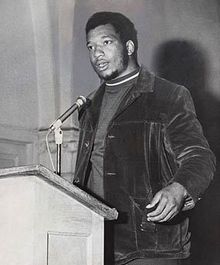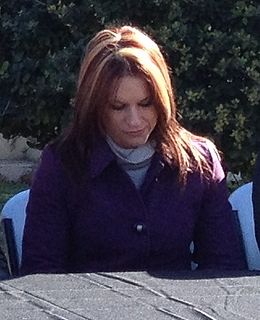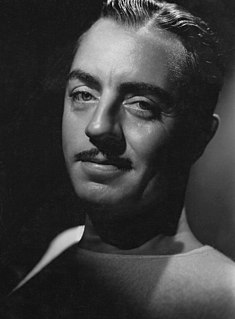A Quote by Zephyr Teachout
We fought a revolution to free ourselves from arbitrary power and the whims of a monarch.
Quote Topics
Related Quotes
We ain't gonna fight no reactionary pigs who run up and down the street being reactionary; we're gonna organize and dedicate ourselves to revolutionary political power and teach ourselves the specific needs of resisting the power structure, arm ourselves, and we're gonna fight reactionary pigs with INTERNATIONAL PROLETARIAN REVOLUTION. That's what it has to be. The people have to have the power: it belongs to the people.
That's what makes America great; the fabric and the core of our beliefs and our being is we wrap ourselves around diversity. We say that the American flag represents our right to be free in every aspect of what that is, and every veteran who fought, fought for that freedom. So what we have to do is realize it's not a choice between the country and racial justice; it's about what we believe in at the core of our being, and that's that we are free.
We ain't gonna fight no reactionary pigs who run up and down the street being reactionary; we're gonna organize and dedicate ourselves to revolutionary political power and teach ourselves the specific needs of resisting the power structure, arm ourselves, and we're gonna fight reactionary pigs with international proletarian revolution.
This revolution, the information revoultion, is a revolution of free energy as well, but of another kind: free intellectual energy. It's very crude today, yet our Macintosh computer takes less power than a 100-watt bulb to run it and it can save you hours a day. What will it be able to do ten or 20 years from now, or 50 years from now?
We have become the new american slaves: but there is a revolution coming. It is a revolution of individual liberty. It will free us without violence. It will begin with the self. It will spread to the workplace. It will turn our corporate masters into our servants. It will free us of government's tyranny. The revolution will spread to all corners of the nation, and at last, we shall be free.
In overlooking, denying, evading this complexity--which is nothing more than the disquieting complexity of ourselves--we are diminished and we perish; only within this web of ambiguity, paradox, this hunger, danger, darkness, can we find at once ourselves and the power that will free us from ourselves. It is this power of revelation that is the business of the novelist, this journey toward a more vast reality which must take precedence over other claims.


































